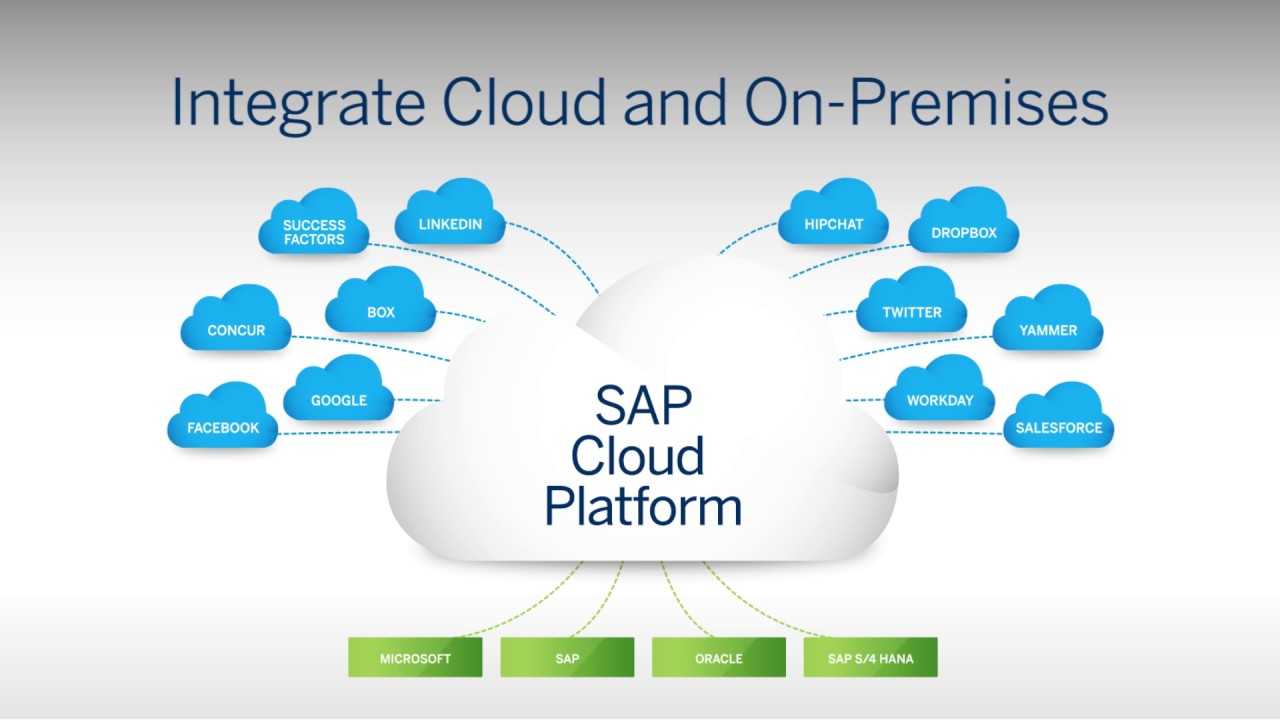Welcome to Cognique Technologies!


The SAP SuccessFactors course begins with an introduction to the platform and the cloud-based Human Capital Management (HCM) architecture, offering learners insight into how SAP SuccessFactors supports global HR processes. A major focus is on Employee Central, the core HR module that manages employee data, workflows, and self-service portals. The course also covers Performance and Goals Management, helping users understand how to set, track, and evaluate employee performance against organizational objectives.
Another critical area is Recruiting and Onboarding, where learners explore tools to attract, select, and integrate new hires efficiently. The Learning Management System (LMS) module is also detailed, teaching how organizations can offer skill development through e-learning, compliance training, and course assignments. In addition, the course addresses Compensation and Variable Pay, enabling businesses to design competitive pay structures that drive employee motivation. Finally, Succession and Development Planning prepares users to identify and nurture future leaders within the organization, supporting career development and organizational stability.
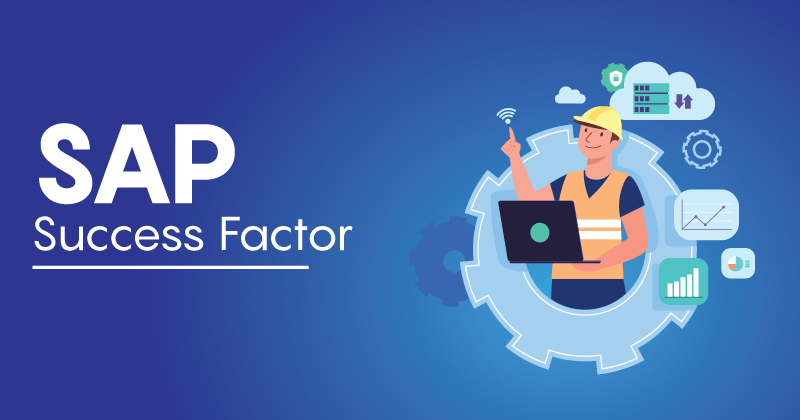
The SAP S/4HANA course provides a comprehensive foundation in the next-generation ERP system developed by SAP. Beginning with an introduction to the platform and its evolution from traditional ERP systems, the course emphasizes the user-friendly SAP Fiori interface and how it enhances business user experience. It explores the core functional modules such as Finance, Logistics, and Controlling, highlighting their real-time data integration. Learners gain insights into the revolutionary changes brought by SAP Simple Finance and Simple Logistics. The course also covers powerful analytical capabilities embedded in S/4HANA and provides practical knowledge on system implementation, data migration, and best practices for smooth digital transformation.
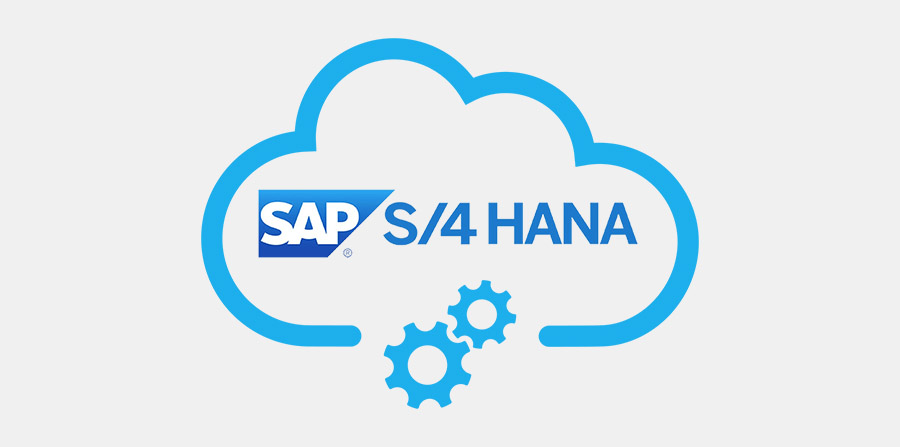
ABAP on HANA is an advanced course designed to equip developers with the skills needed to optimize ABAP (Advanced Business Application Programming) applications for SAP HANA, SAP’s in-memory computing platform. The course begins with a foundation in SAP HANA architecture, highlighting its columnar data storage and real-time processing capabilities. It then transitions into ABAP programming techniques optimized for HANA, focusing on performance-tuned coding practices. A key topic is the use of Core Data Services (CDS) views, which enable semantic modeling directly on the HANA database layer. Learners also explore AMDPs (ABAP Managed Database Procedures) for embedding SQLScript logic within ABAP methods. The course covers code pushdown concepts, encouraging logic execution at the database level to improve efficiency. Data modeling in HANA using ABAP tools is also included, guiding how to build high-performance applications. Finally, participants learn performance analysis and optimization tools like SQL Monitor and ABAP Trace, crucial for tuning applications in an S/4HANA environment.
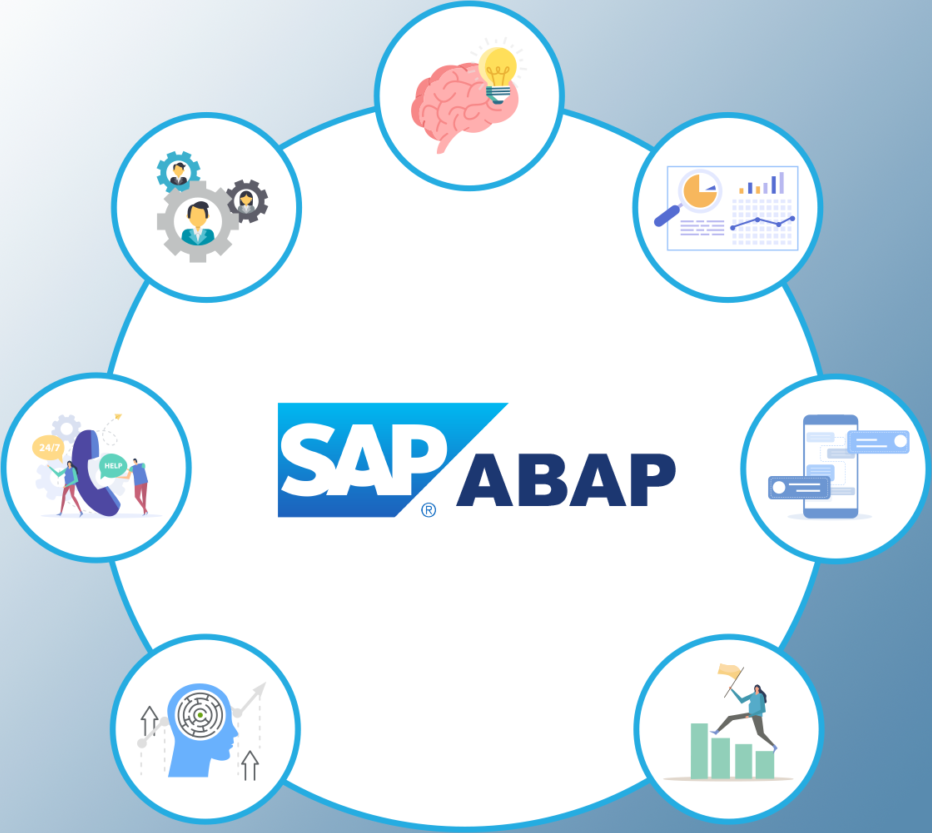
The SAP PP (Production Planning) course is designed to provide learners with a thorough understanding of the production processes within the SAP ERP environment. It begins with an introduction to the SAP system and the vital role of the PP module. Learners gain hands-on experience in managing master data, planning operations through SOP and demand management, and executing production using MRP and production orders. The course emphasizes real-time integration with other modules like MM and SD, enabling efficient and streamlined manufacturing operations. By the end of the course, participants will be equipped with practical skills to handle real-world production planning scenarios using SAP.
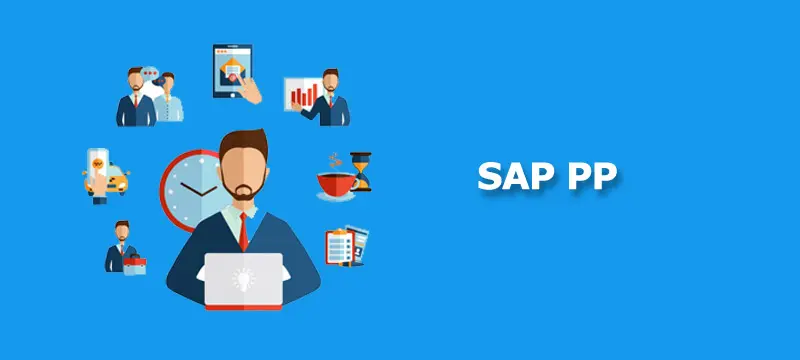
The SAP PS (Project System) module is designed to help manage large-scale projects within organizations, from planning to execution and closure. The course begins by introducing fundamental project management concepts and how they align within the SAP PS module. It then delves into project structures, focusing on Work Breakdown Structures (WBS) and network activities which form the backbone of a project in SAP. Learners are guided through project planning processes such as scheduling, cost estimation, and resource allocation. The course also covers budgeting, helping users define and control project financials. Execution and tracking sections focus on managing ongoing project activities, monitoring progress, and taking corrective actions. Reporting tools and status updates play a crucial role in ensuring project visibility and accountability. Lastly, the course highlights how SAP PS integrates with other SAP modules like MM (Materials Management), SD (Sales and Distribution), FI (Financial Accounting), and CO (Controlling), ensuring seamless project operations across the enterprise.
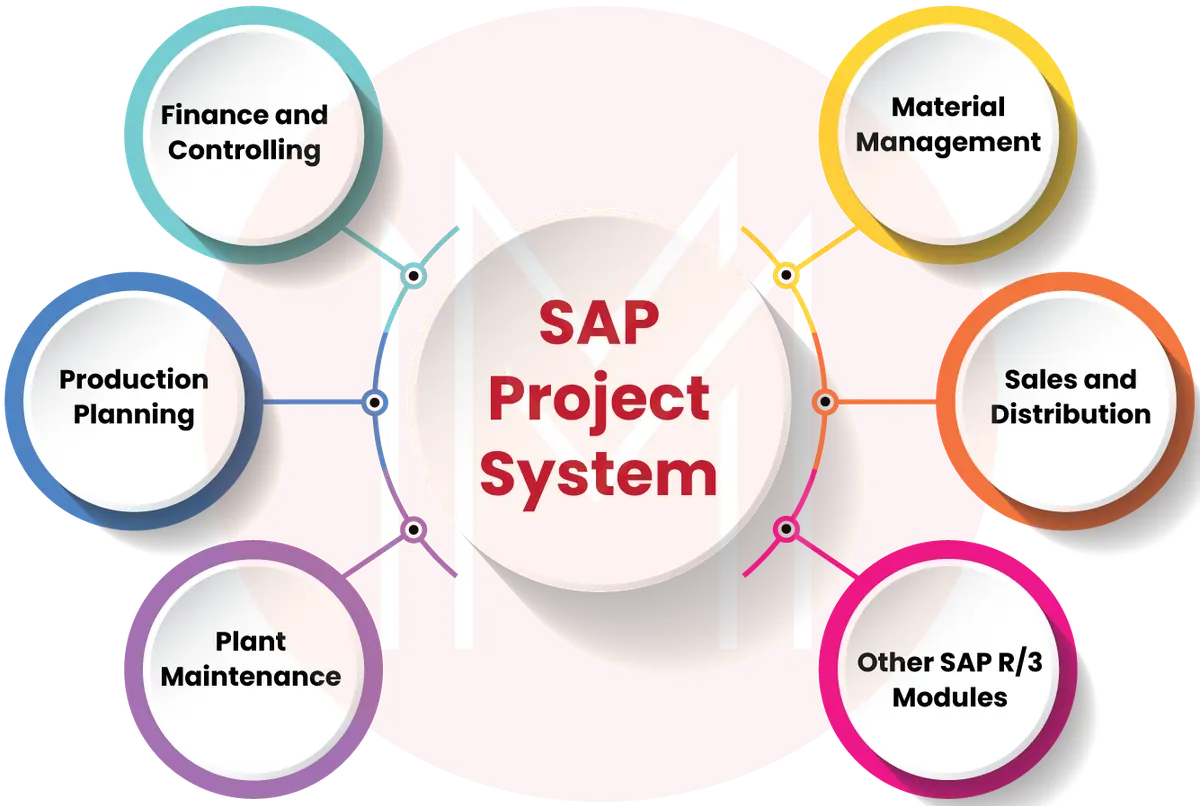
The SAP FICO course is designed to provide a comprehensive understanding of the financial and controlling modules of SAP. It begins with an introduction to ERP and SAP basics, followed by a detailed look into the enterprise structure setup. Participants learn how to manage financial accounting through general ledger entries, accounts payable and receivable, and asset accounting. Additionally, the course delves into the controlling module, covering cost center accounting, internal orders, and profitability analysis. With hands-on configuration and real-time business scenarios, the course equips learners with essential skills to work as SAP FICO consultants or users.

The SAP SD (Sales and Distribution) module is a critical component of SAP ERP that manages all business processes related to order processing, shipping, billing, and customer relationship management. The course begins with a foundational understanding of ERP and SAP basics, followed by in-depth coverage of enterprise structure relevant to SD. It covers essential master data such as customer records, material master, and condition techniques for pricing. Participants will learn the lifecycle of a sales document from inquiry to sales order, including delivery and billing processes. Emphasis is also given to how SD integrates with modules like MM (Material Management) and FI (Finance) to ensure smooth business operations. Additionally, special sales processes, reporting, and end-user tasks are taught with practical, real-world examples. This course prepares learners for both configuration and user-level tasks within SAP SD.

SAP Materials Management (MM) is a critical module in SAP ERP that manages procurement and inventory functions. It ensures an organization has the right materials in the right quantity at the right time and cost. The SAP MM module integrates with other modules such as SD (Sales and Distribution), PP (Production Planning), and FI (Financial Accounting), making it essential for seamless business operations. This course equips learners with hands-on knowledge and practical skills required to manage end-to-end procurement and inventory processes in SAP.
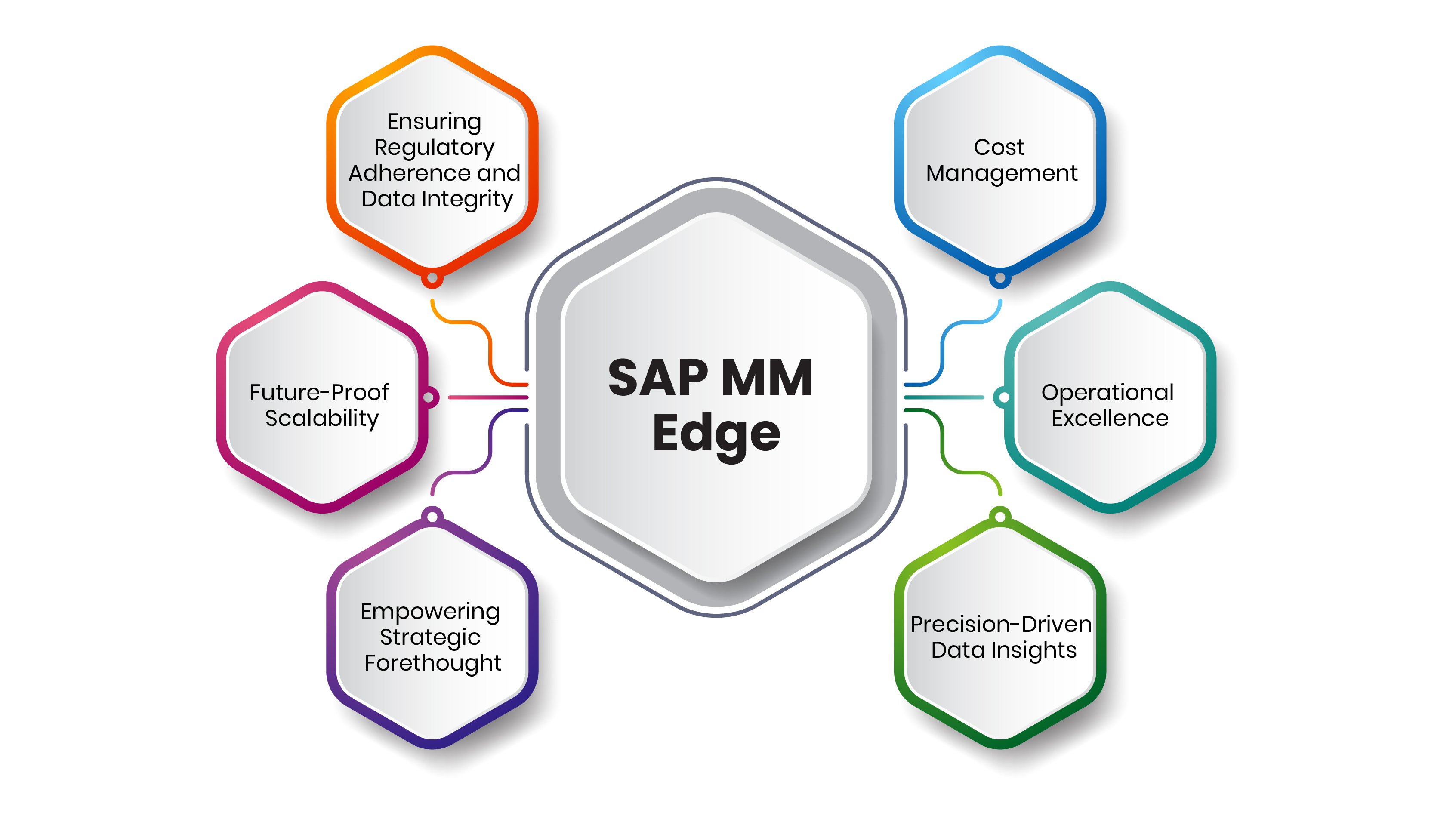
This SAP BTP course begins by introducing the core components of SAP Business Technology Platform, explaining how it serves as a unified environment for database management, analytics, application development, and integration. Learners will explore the architecture, key services, and value proposition of BTP. The course then covers the capabilities offered through various environments such as Cloud Foundry and Kyma, highlighting their roles in deploying and managing cloud-native applications. Students will dive into the Extension Suite, learning how to customize and extend SAP and third-party applications. The Integration Suite section focuses on connecting on-premise and cloud systems using pre-built connectors and APIs. Security is a vital part, so learners will understand identity provisioning, authentication, and role-based access. Finally, hands-on sessions and real-world scenarios will help apply the theoretical knowledge, using SAP BTP Cockpit, SAP Business Application Studio, and deployment tools.
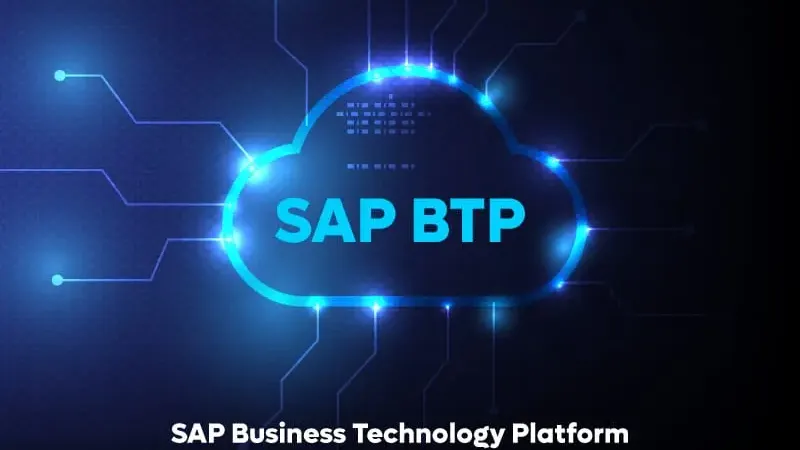
This module covers the basics of SAP CPI, its role in the SAP Business Technology Platform (BTP), and how it supports integration between cloud and on-premise systems. Learners are introduced to the architecture, components, and key benefits of using SAP CPI for modern enterprise integration scenarios.
